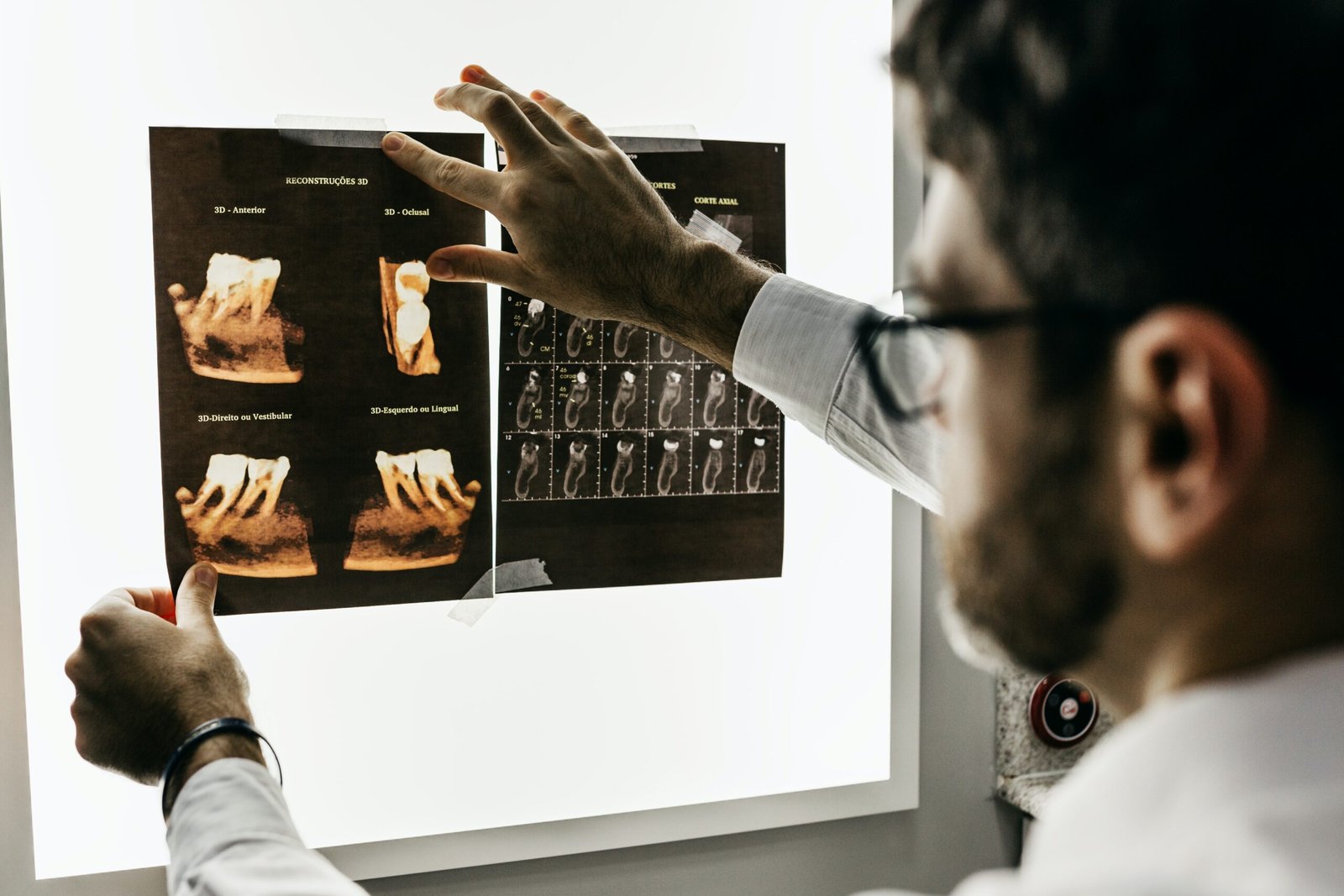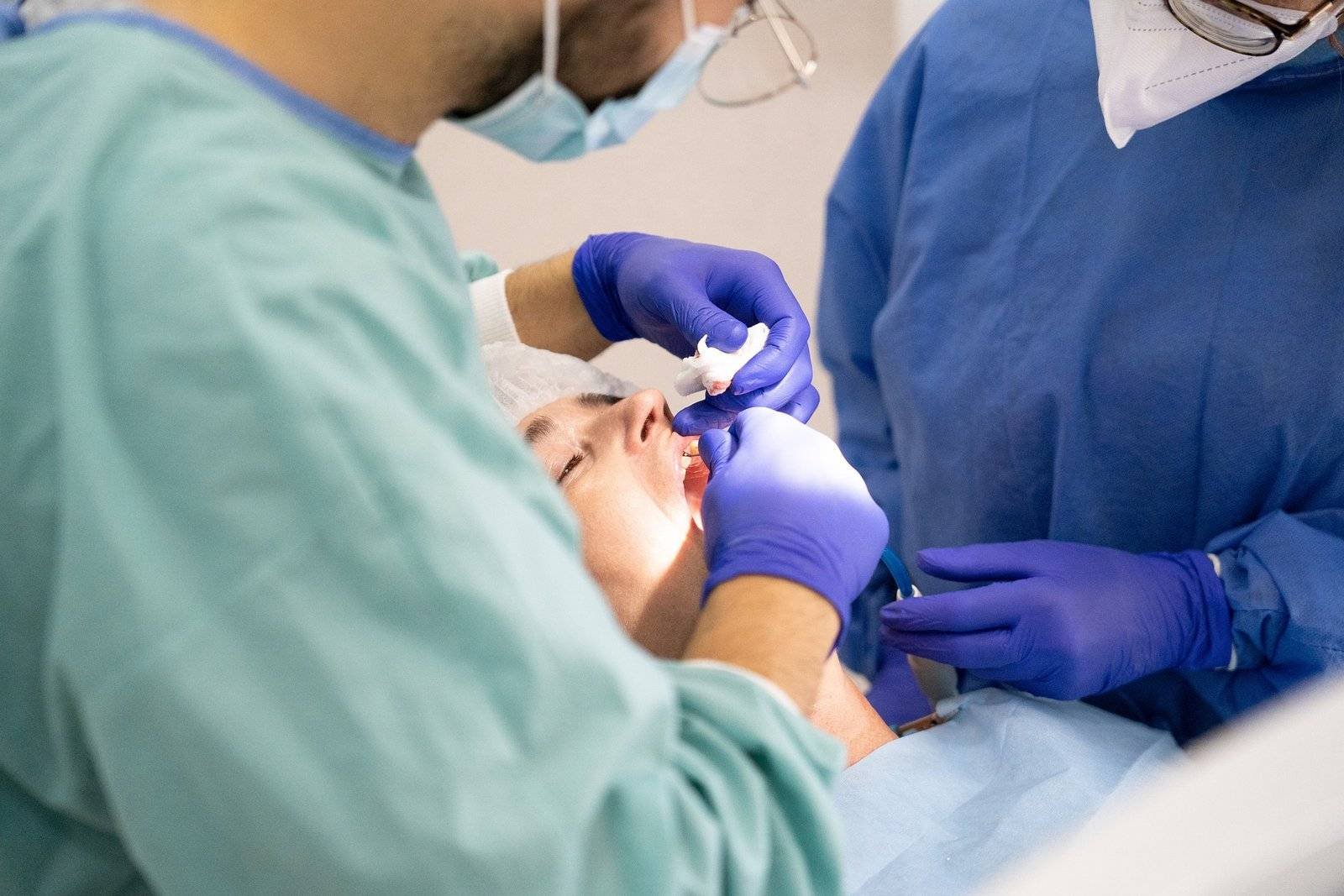
A leader must be in sync to lead. The team needs to be in sync both clinically and philosophically, whether you’re a private dentist who employs a hygienist or the executive of a dental group with hundreds of practitioners. That might be challenging. Clinical professionals may get entirely different conclusions from the same series of X-rays depending on their education and experience. The most well-known instance of this is an article from Reader’s Digest from 1997 titled “I Went to 50 Different Dentists and Almost All of Them Gave Me a Different Diagnosis.” Plans for the author’s care ranged in price from $500 to $29,850. To develop uniform standards of care and make sure that everyone is aware of the standards set for treatment recommendations, dental authorities are now turning to AI.
AI: Care Standards Based on Objective Results
AI computer models have been trained on billions of radiographs to detect diseases like caries and quantify measurements of bone levels that can help with periodontal disease diagnosis. Based on the unbiased results, the lead dentist or Chief Clinical Officer can now establish standards of service. Scaling and root planning may be recommended when bone loss is 3 mm or more and periodontal probing’s measure at least 4 mm, according to a standard of care established by the practice or dentistry group.
AI Findings are Directional, Not Diagnostic
It’s crucial to remember that conclusions produced by AI are directional rather than diagnostic. An oral surgeon can make a diagnosis. However, part of the subjectivity in diagnosis can be removed by using AI-powered X-ray analysis and annotations. Now, healthcare professionals can provide quantitative, scientific evidence to back up their treatment recommendations, and the treatment plan coordinator may confidently respond to any queries from patients. Consistency among professionals ensures that patients also have a consistent experience.
Have you ever had a patient question the treatment coordinator, “What do you think? ” After the dentist has already left? Is it something I really need to get done? The patient is more likely to believe the recommended dental care when they hear the same information from several sources and see unbiased, independent conclusions from AI. Additionally, the patient is more likely to accept their case and refer the practice to relatives and friends when they receive consistent care.
Dental AI: Create Consistent Standards of Care
A strategy that uses artificial intelligence technology to assist dental professionals in ensuring that patients receive the best care possible is known as dental AI. This approach is cantered on developing consistent standards of care. In order to do this, AI-powered technologies are used to analyse patient data, help decision-making, keep an eye on quality control, and promote patient participation. In order to guarantee that every patient receives the same high degree of treatment, irrespective of the dental practitioner they see, standardized standards of care have been established. Dental professionals can receive real-time treatment plan recommendations based on evidence-based guidelines and industry best practices by employing AI-powered technologies. Regardless of the dentist they see, this helps to ensure that all patients receive the same level of treatment. artificial life can also be used to keep track of how well dentists are treating their patients.
It can perform data analysis to find areas that need work, give feedback to dental professionals to assist them to advance their abilities, and make sure that everyone in the field is following the same set of care standards. AI may further assist with patient involvement by offering individualized suggestions for preventive treatment, spotting possible problems before they worsen, and informing patients about their oral health. This makes it possible to guarantee that patients take an active role in their treatment, which may result in better results and more uniform standards of care.
Ultimately, dental AI that establishes uniform standards of care has the potential to completely transform the way dental professionals deliver their services.
FUTURE
With ongoing technological and scientific breakthroughs, dental AI has a bright future in establishing uniform standards of care. With these improvements, we may anticipate seeing brand-new, exciting developments that will drastically alter the dental care industry and improve patient results. Enhanced decision assistance is one possible growth area for dental AI. We may anticipate that as AI technology develops, decision support systems will advance, including a larger range of variables to offer patients advice and treatment plans that are even more precise. Integration of electronic health records (EHRs) with dental AI is another area of exploration.
This integration would make it possible to analyze patient data more smoothly, enabling quicker and more effective decision-making as well as giving dental practitioners real-time feedback and suggestions. Another area where AI may have a major impact is in the development of personalized treatment regimens. Dental professionals may be able to develop more individualized treatment plans for patients based on their unique traits and need with the aid of AI-powered decision support, resulting in more effective and efficient care. AI-powered patient interaction technologies might potentially progress, providing patients with even more individualized advice and education.
This higher level of involvement might encourage more patient participation in their own care, which would produce better results. The capacity to immediately identify and solve any potential problems or areas for improvement is another benefit of AI-powered quality control, which could assist uncover patterns and trends in the results of dental care.
Conclusion
Finally, the use of Dental AI to establish uniform standards of treatment has the potential to completely transform the dental care industry, bringing about advantages for both dental practitioners and patients. Dental professionals may provide more individualized, effective, and efficient care while ensuring that all patients receive the same high standard of care by using AI-powered decision assistance, quality control, and patient engagement technologies.
Dental AI has a bright future ahead of it as technology and research continue to progress, resulting in even more creative solutions that will revolutionize the way dental care is delivered. Together, dental professionals and researchers must continue to create and hone Dental AI technologies in order to enhance patient outcomes and build a more productive and effective dental industry.
- Tag:
- dentist



